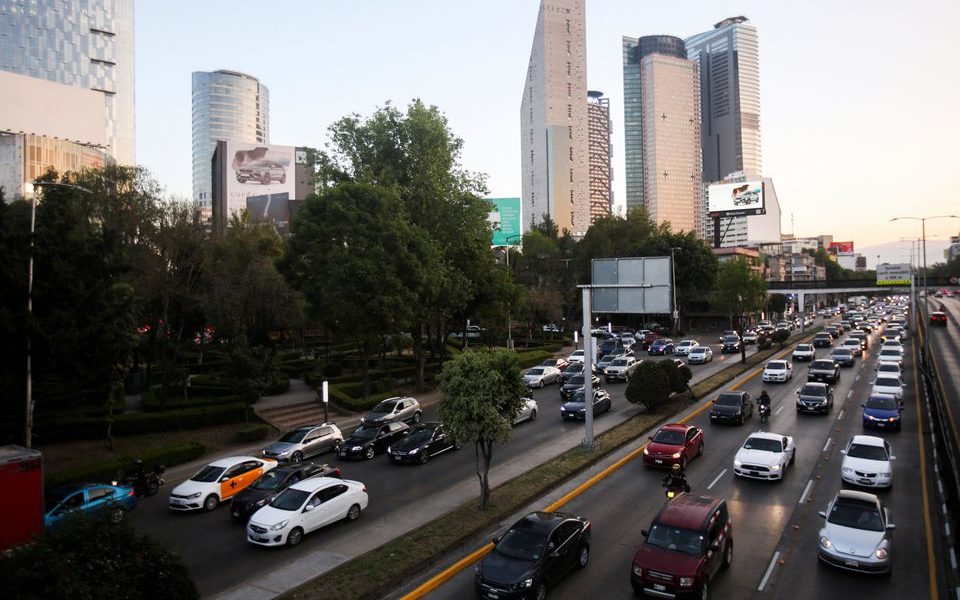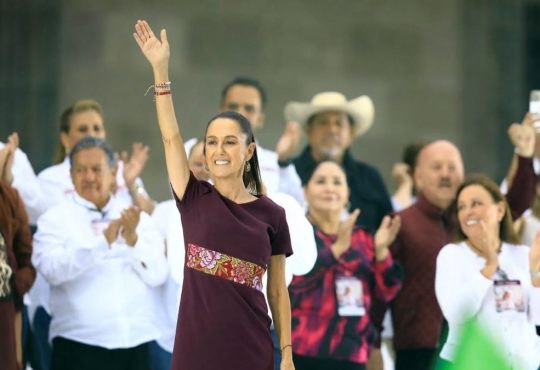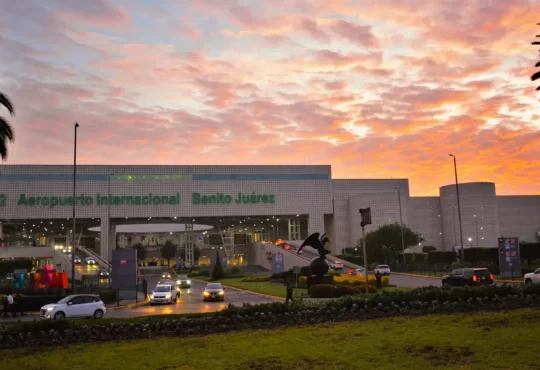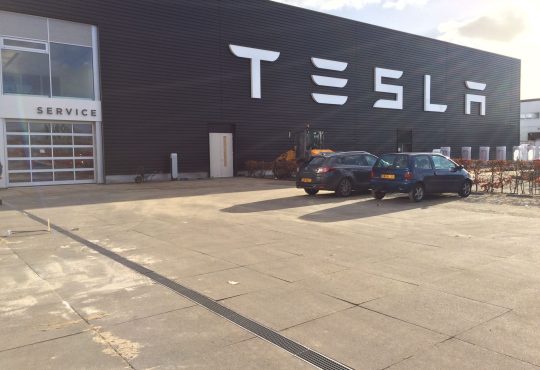
Lots of electric cars, but few use them in Mexico.
MEXICO – With Tesla Inc’s proposal to construct a $5 billion Gigafactory in Mexico, the country is expected to become a center of electric cars production, but the majority of Mexicans cannot afford EVs, which are also unsuitable for much of the country due to insufficient charging stations.
Mexico has prioritized the revival of fossil fuel output under President Andres Manuel Lopez Obrador, frequently neglecting investment in sustainable energy sources.
Despite this, the country has ambitious plans to promote electric cars ownership, with Tesla, General Motors Co., Ford Motor Co., BMW, Volkswagen’s Audi unit, and at least one Mexican EV manufacturer, the unlisted Zacua, all involved in or preparing to manufacture EVs in Mexico.
Foreign Minister Marcelo Ebrard, a frontrunner for Mexico’s next presidency, stated that the government intends for EVs to make up half of all domestically sold automobiles by 2030, including zero emission vehicles such as hybrids and hydrogen-powered vehicles. However, a lot of work will be required to achieve this goal.
According to the Mexico Auto Industry Association (AMIA), EVs accounted for just 0.5 percent of domestic auto sales last year, much lower than the United States’ 5.8 percent, including hybrids, which raised Mexico’s figure to 4.7 percent.
“There are still a number of issues that need resolving in Mexico before there’s a massive influx of electric cars,” said Mario Hernandez, KMPG’s lead manufacturing partner in Mexico, citing a lack of subsidies for purchasers, high costs of installing charging devices at homes, and a shortage of public charging stations, particularly for long trips. Additionally, unlike other nations, Mexico has yet to agree on a plan to phase out gas-powered vehicles.
In 2022, Mexico’s auto parts industry group INA projected that output of EVs in Mexico would rise to 78,000 from 142,000 cars this year before Tesla’s new plant was announced.
Despite the growth potential, AMIA Executive President Jose Zozaya believes there are still “too few incentives from government” to boost EV sales, while Nazareth Black, Chief Executive of Zacua, said, “A real government incentive scheme would be necessary to really accelerate adoption of electric vehicles.”
To make EVs more practical, Mexico needs more charging stations, as it currently has around 1,100 charging stations across the country, mostly in major cities, according to AMIA. Other Latin American countries, from Costa Rica to Chile, have set electric cars targets to reduce emissions as part of their commitments under the 2015 Paris climate accords, but Mexico has yet to do so.
Pedro Corral, director of operations for EV charging stations platform Evergo, said that although he drives his all-electric BMW i3 around Mexico City, he usually switches to a fuel-powered Toyota when he leaves the city to avoid running out of charge. Evergo intends to install 4,000 chargers for public use in the next four years, assuming there is a growing demand for EVs.
Despite Tesla’s widespread superchargers in densely populated regions of the United States, they are scarce in Mexico, with many states lacking them.
Corral stated that while EVs have many advantages, they are expensive, and people are concerned about their range. Tesla’s least expensive model, for example, costs roughly $55,000, in addition to the expense of a charger, which is beyond the reach of most Mexicans. The Nissan Leaf, which is less expensive, costs over $50,000, while even the two-seater Zacua costs approximately 600,000 pesos or $31,767. The average Mexican worker earns $366 per month, according to official data, while the minimum wage guarantees approximately $11 per day.



